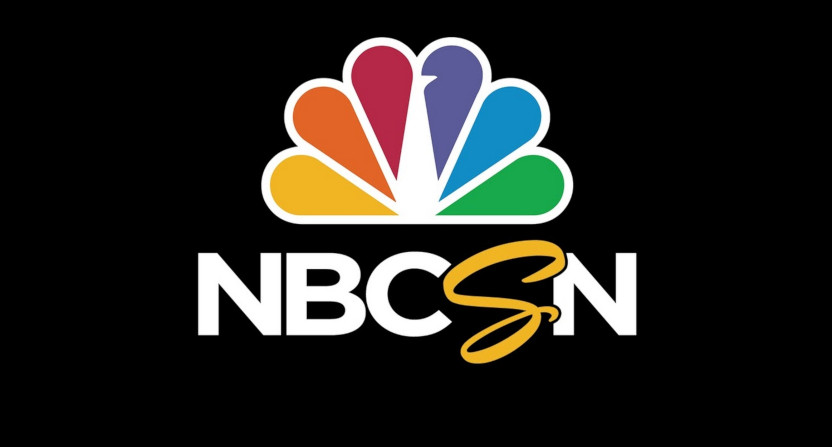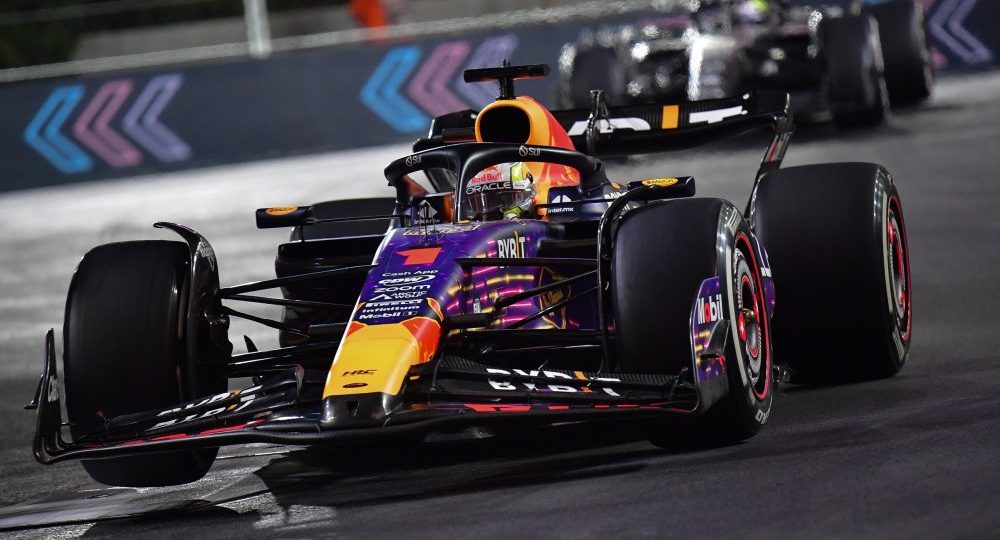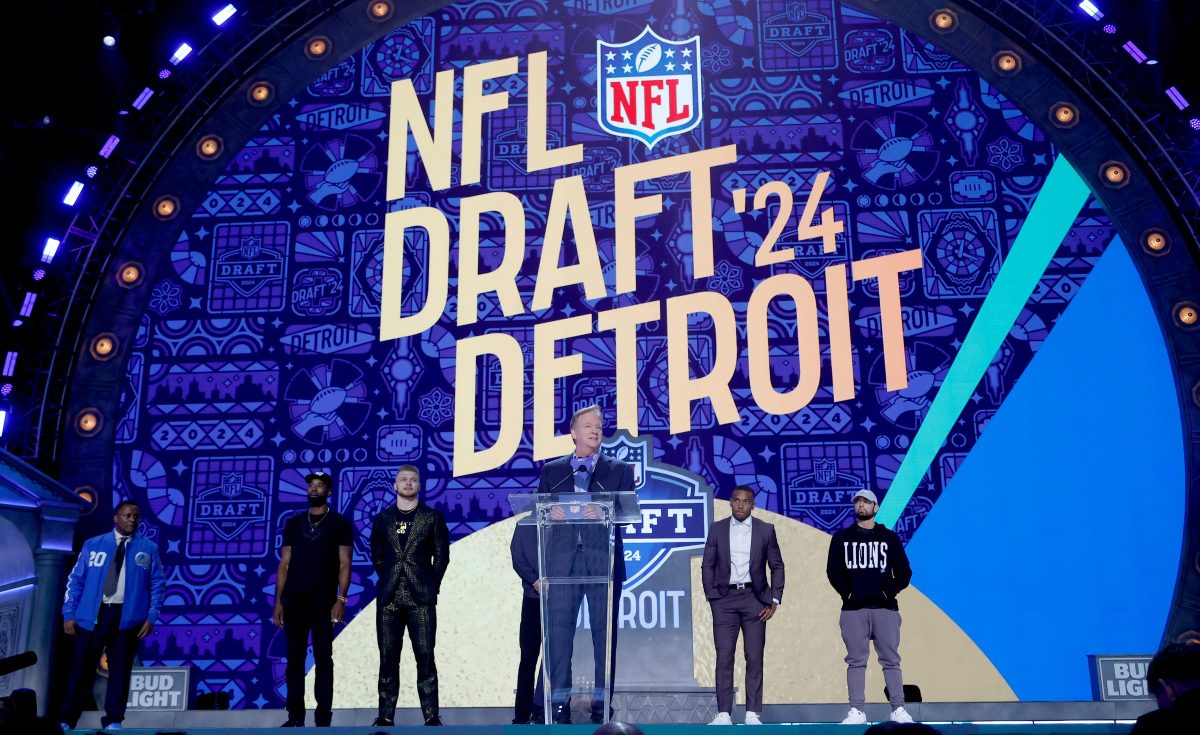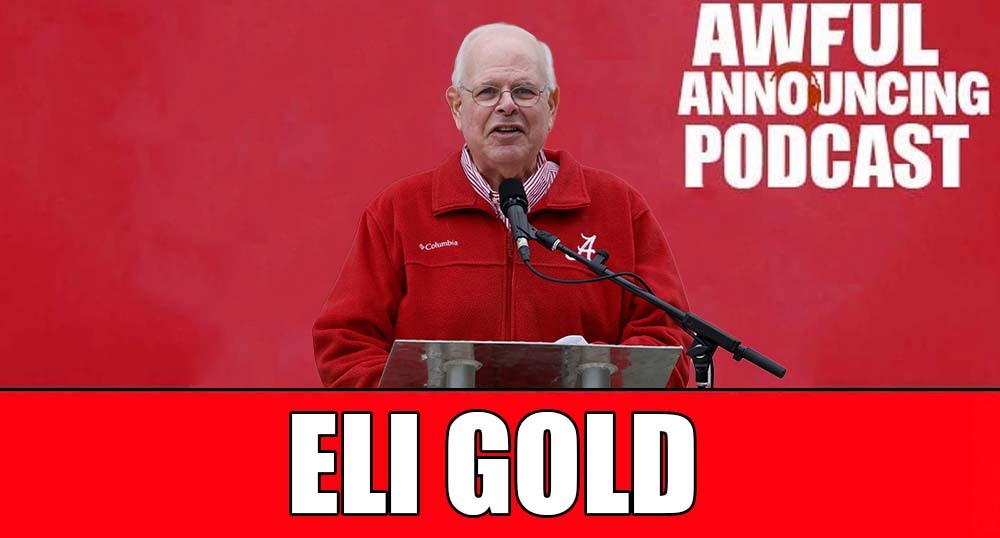THE 1 FOR 2
August 2013 marked another milestone month for the sports media landscape. NBCSN rolled out its first English Premier League telecasts after having won the American rights in October 2012.
EPL has been a solid cornerstone for NBC and serves as a primary draw to the company’s Peacock streaming platform.
That same month, the competitor from which NBC Sports Group won its EPL bid, FOX, dove headlong into the cable sports game with a flagship network.
NewsCorp was involved in cable sports dating back to the mid-1990s, but the regional nature of FSN prevented FOX from boasting a true ESPN competitor.
FS1 launched with designs on changing that.
The promotion of FS1 ahead of its August 2013 debut made declarations of being “The 1 For Fun.” Whether this was intended as a jab at ESPN programming and presentation or not, it came off that way.
FOX’s promotional blitz sapped much of the attention away from NBCSN. The months of marketing culminated in FS1’s launch with a live UFC event. That FOX had won UFC rights after NBCSN’s forerunner had helped take the league in a more mainstream direction makes for an interesting coincidence.
In its eighth year, FS1 is hardly the rival to ESPN it had initially promoted itself to be. But with college football contracts including the Pac-12 and Big 12, Big East basketball, and Major League Baseball, the FOX brand immediately established itself as the marketplace’s clear No. 2.
College football and MLB in particular gave FS1 an advantage over NBCSN. EPL and NHL attracted loyal followers, but both are more niche.
A LACK OF SIGNATURE VOICES
No matter one’s opinion of the series in its current form, the importance of SportsCenter in building ESPN cannot be overstated.
A one-hour blend of highlights, unparalleled reporting and comedic banter from talented anchors made SportsCenter
The formula seems simple enough, yet ESPN competitors and alternatives alike have struggled to replicate it. Hell, SportsCenter itself is unable to recapture the program’s magic of its golden years in the ‘90s and early Aughts.
But as SportsCenter changed with the ushering in of the 21st Century, ESPN struck gold again with Pardon The Interruption. PTI spawned countless faux-debate programs, which with new iteration grow increasingly mind-numbing, but the original concept was fresh and fun. It also provided the Worldwide Leader with another signature voice that competing sports networks have never quite been able to duplicate.
Versus made its own attempts at marquee studio programming, first with the abysmal Sports Unfiltered with Dennis Miller.
Now, Miller was a logical choice in that he had been a lightning-rod color commentator for Monday Night Football at the turn of the millennium. He didn’t last long in the role, but his acerbic style and biting wit came from a similar line of Gen X perspective that made Kevin Smith popular in the same era, and which the ESPN family found success with building its website around Bill Simmons.
But by the late 2000s, Miller was almost a decade removed from MNF and felt disconnected from sports as his commentary veered more toward politics. At a time when the first crop of Millennials entered professional life, Miller’s Gen X shtick came off considerably more Boomer influenced.
One could say, in their best Dennis Miller voice: Unfiltered lasted about as long as the Anglo-Zanzibar War, chachi.
The Daily Line followed, featuring the criminally underappreciated Jenn Decker née Sterger as co-host. It also failed to gain traction, and thus the precedent for NBCSN’s forays into studio programming was set in the Versus era.
Don’t blame lack of effort. The first big swing came with the signing of Michelle Beadle away from ESPN. Beadle’s star at the Worldwide Leader was on a meteoric rise in the early 2010s thanks to SportsNation, appearances on other network programming and her popularity among an increasingly influential blogosphere.
Beadle’s tenure at NBCSN was, in her own words to the New York Post, “a hot mess.” She returned to ESPN in 2014 and remained until 2019.
Dan Patrick played a central role in building SportsCenter’s popularity, but his presence on NBCSN was limited largely to a simulcast of his radio show.
Men with Blazers became a critical hit after NBCSN adapted the former Grantland podcast for television, but it’s not the type of broad-appeal program like SportsCenter or PTI. In that way, it’s a perfect avatar for NBCSN itself: A network that catered to an audience that it understood well, but never grew beyond.
INTO THE DIGITAL AGE
Over-the-top streaming is the new frontier in sports media competition, and there appears to be two schools of thought. ESPN has gobbled up rights to give its Plus service a massive catalog.
Peacock, which now is home to NBCSN’s former content, has thus far targeted a more niche but loyal audiences. NBC already asked EPL fans to make an additional monetary commitment in recent years with its Gold service, so Peacock was a seamless transition.
Professional wrestling will never attract the same kind of viewership it enjoyed in the 1980s, when Dick Ebersol helped bring the World Wrestling Federation onto NBC via Saturday Night’s Main Event.
But while the mainstream appeal isn’t what it once was, wrestling fans are reliable consumers. And Ebersol’s wrestling legacy at NBC remains through Peacock, with the platform replacing WWE Network.
Notre Dame’s matchup with Toledo this season suggests Peacock will continue to target specific, committed bases with its sports.
To that end, NBCSN’s untapped potential may simply have been ahead of its time.
[Image via Deadline]







